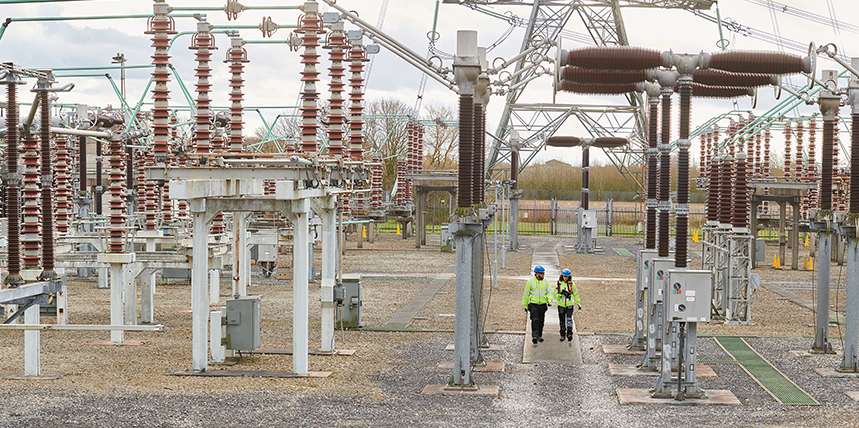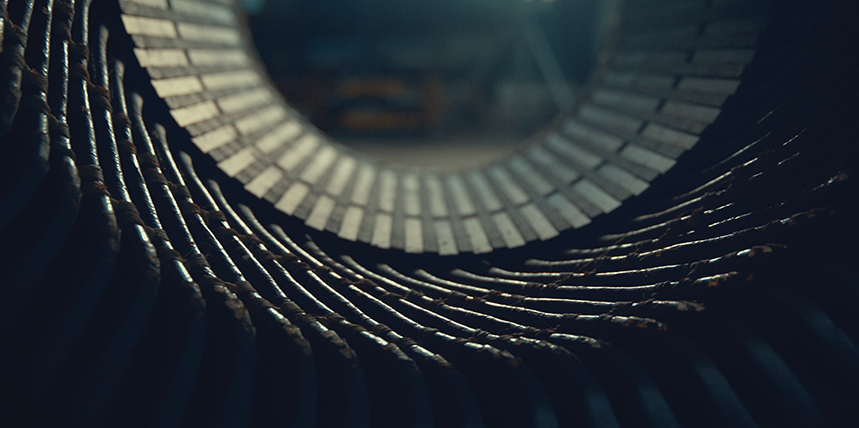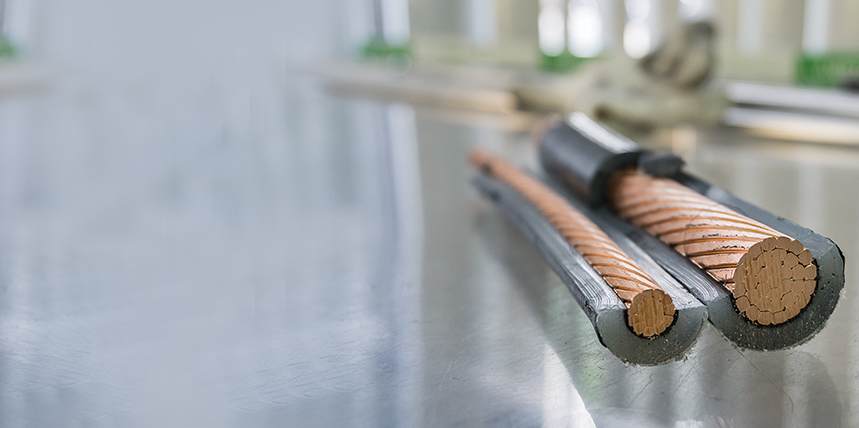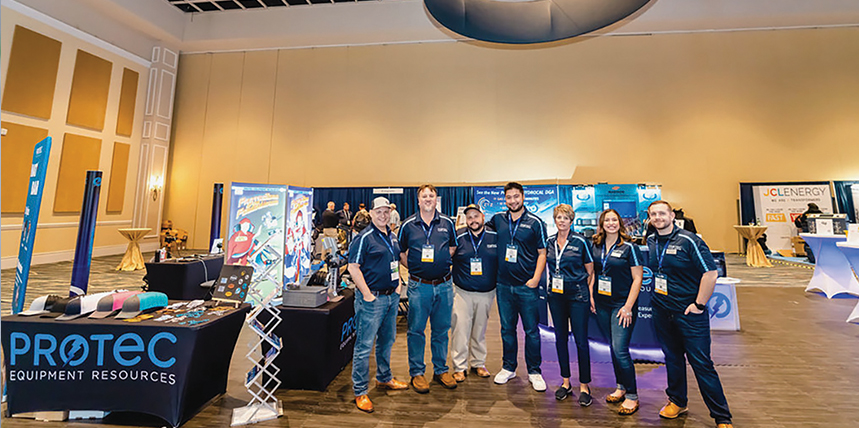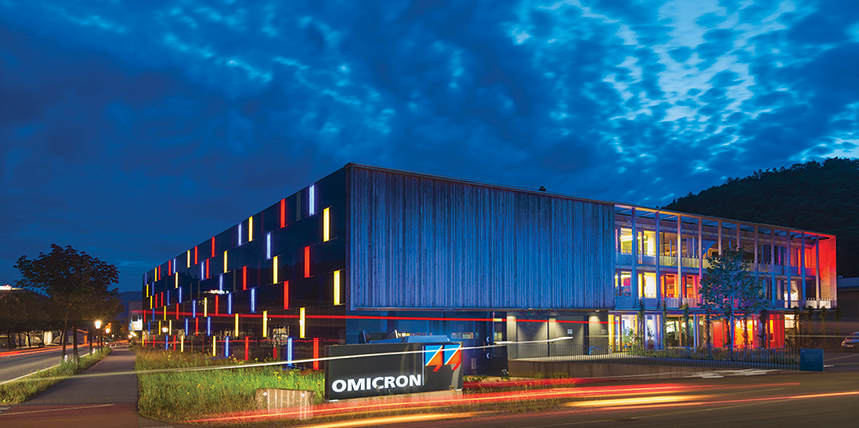Imagine this scenario: You visit a local generating station that needs relay testing. They direct you to a switchyard relay house with microprocessor relays and test switches. The customer wants the relays tested, but the breakers are part of a bigger ring bus system that is powering loads to the city. The breakers cannot be tripped. What special considerations can …
CAP Spotlight: Megger: A Global Leader for 130 Years
NETA Corporate Alliance Partners (CAPs) are a group of industry-leading companies that have joined forces with NETA to work together toward a common aim: improving quality, safety, and electrical system reliability. In this continuing NETA World series highlighting NETA’s CAPs, we focus on the thought leadership behind these successful companies. Here, we visit with Dinesh Chhajer, Megger’s Director – Technical …
Advancements in Industry: Demagnetization of Power Transformer Cores
After a power or distribution transformer is disconnected from the power grid or when DC current is applied, such as when a routine winding resistance measurement test is performed, the transformer core is likely to have some remnant magnetism. This remnant magnetism will increase the magnitude of the already high inrush over current levels seen when a transformer is energized. …
Advancements in the Industry — Voltage Dependencies of Power Factor in Rotating Machinery Insulation
Motors and generators are often critical components of electrical systems. They are used to automate numerous industrial processes, circulate liquids for cooling and lubrication purposes, and generate electricity to name only a few applications. If, for any reason, there is an unplanned interruption of these processes due to the failure of one of these rotating machines, the resulting damage, downtime, …
Corporate Partner Spotlight — BCS Switchgear: 25 Years and Still Growing
NETA’s Corporate Alliance Partners (CAPs) are industry-leading companies that have joined forces with NETA to work together toward a common aim: improving quality, safety, and electrical system reliability.
Advancements in the Industry — Acceptance and Maintenance Testing for Medium-Voltage Electrical Power Cables — Part 3 of 3
In Part 2 of our three-part series on acceptance and maintenance testing for medium-voltage electrical power cables, we explored high-potential testing techniques, including tests performed with direct current (DC) and alternating current (AC) performed at power frequency and at very low frequency (VLF). We also explored diagnostic testing and reviewed dissipation factor (tan delta) testing. In Part 3, we …
Partner Spotlight — Protec Equipment Resources: Quality, Safety, Reliability
NETA’s Corporate Alliance Partners (CAPs) are industry-leading companies that have joined forces with NETA to work together toward a common aim: improving quality, safety, and electrical system reliability. In our continuing Partner Spotlight series, NETA talks to President Jason Henry about the thought leadership and subject-matter expertise at Protec Equipment Resources. Henry spent 26 years working for a NETA company, …
Advancements in the Industry: Acceptance and Maintenance Testing for Medium-Voltage Electrical Power Cables — Part 2 of 3
In Part 1 of our three-part series on acceptance and maintenance testing for medium voltage electrical power cables, we reviewed cable construction and cable aging characteristics and started our discussions on cable testing options and philosophies. In Part 2 of this article, we move away from undervoltage testing and explore high potential testing techniques. HIGH POTENTIAL TESTING PERFORMED WITH DIRECT …
Partner Spotlight — OMICRON electronics: Leading with People
NETA’s Corporate Alliance Partners (CAPs) are a group of industry-leading companies that have joined forces with NETA to work together toward a common goal: Improve quality, safety, and electrical system reliability. In our continuing CAP Spotlight series, NETA talks to Jackie Peer, Head of Strategic Business Development about the thought leadership and subject-matter expertise at OMICRON electronics. NWJ: What are …
Advancements in the Industry – Operational Technology Cyber Threats Are on the Rise
Critical infrastructure security is in the national spotlight.[1] According to the 2022 State of Operational Technology and Cybersecurity Report, organizations throughout the world’s OT security initiatives are making inadequate progress toward comprehensive protection of ICS and SCADA systems in the relatively new world of connected OT.[2] The Biden administration recently issued a national security memorandum that sets baseline cybersecurity goals …
